Django and the Middle East
Lebanon, Part II
They fear me in Beirut.
Grown men cross to the other side of the street to avoid me. Children shriek and hide behind their mothers. One lady sent us away from a nail salon. I’m not even allowed inside the park near us, which is the only green space for miles around.
It’s Django here, by the way.
You may think I’m exaggerating. I wish that were true. Mom explained to me that many people here don’t spend much time with dogs. Also, she said, in some of their belief systems, dogs keep the angels away. To be fair, lots of people in Beirut also love me. Grown men crouch down and scratch my head while making high-pitched noises. At our favourite cafe, the servers bring me water as soon as we arrive, and other patrons strike up conversations with us based solely on my allure.
One Friday morning, on our second week in Beirut, Mom decides we’re going on an excursion outside the neighbourhood where we’re staying.
“It’s time to broaden our horizons,” she announces, which sounds suspiciously like, “It’s time to go for a long walk on some hot pavement”.
She straps me into my harness, and gathers all the things she brings with us to work in coffee shops (laptop, reading glasses, sunglasses, water bottle, water dish, notebook, I could go on). We march down a street that is indeed very hot, passing the kinds of shops they have their own security guards. Finally, we arrive at her intended destination: a cafe which, according to google, is dog-friendly.
The customers turn and stare at us as if we’ve just fallen off a garbage truck.
Mom is taken aback. I should add that she’s dressed quite casually. Nothing is ripped or stained, but her look is definitely loose and flowy as opposed to tight or trendy. She forgot that this cafe is in a part of Beirut where everyone is likely wearing head-to-toe designer, and most have, shall we say, cosmetic embellishments. Mom finds this kind of crowd intimidating, although she wishes she didn’t.
We hover on the sidewalk for a minute.
People physically back away from us.
We watch as a lady and two kids go over to someone who looks like an influencer Mom once saw on TikTok.
“We love watching you,” the lady gushes.
“Thank you soooo much,” the influencer says.
They all glare pointedly at us.
Mom sighs. I can tell she feels like she’s messed up, which I do not encourage, but when has that stopped her? Neither of us wants to go back the way we came, but there doesn’t seem to be anything else around where they’d welcome me (or possibly even her). So we turn and walk towards our neighbourhood, to a cafe we’ve been to before. It has loud music and no personality, but also tile floors where I can cool my belly and people who don’t run away from me.
The next day, back in our room, Mom goes into one of her head-stories. What if the only people we meet while we’re here don’t like us? she wonders. Why is the world such a sad and terrible place? I try tell her that better things are to come, and also gently remind her that we’ve only been here two weeks and have met lots of great people. But she still does not understand the subtleties of my language.
Also, she’s extremely hormonal.
Again.
I cuddle her as she has a cry. She rewards my empathy by leaving me alone for four hours while she goes to a “meeting”.
She returns all relaxed and happy, like the whole thing never happened.
That afternoon, we get in a car with a complete stranger. She and Mom met on the internet when Mom booked us into a retreat centre outside the city for this weekend. Her name is Aya, and she invited us along to a forest gathering somewhere called Chouf. Mom, who is arguably far too trusting, said yes.
But Aya is totally lovely. She’s a sound healer and speaks to me in French. I feel very seen. We drive through the traffic and out into the green, lush mountains, arriving at a campsite with a burbling river. They people who are already there smile and introduce themselves, and then play guitars or spin records or swim. Many are wearing keffiyehs. As the sun sets, we sit around a campfire, eating homemade pizza and playing music. Mom is so happy. She can’t stop beaming and going on about how beautiful it is.
At Aya’s that night, Mom and I sleep on a big bed in a little A-frame hut. When we wake up in the morning, we’re surrounded by birdsong. That day, we just take naps and go for walks and revel in not having to worry about getting run over. At night, a bunch of people arrive at the centre for another gathering. They are just as warm and kind as the people in Chouf.
One lady shows up with a dog even smaller than me. I know that it is my job to protect Aya’s turf. He clearly believes that that’s his job, so as people settle into the big room and pick up guitars and drums, we chase each other around like maniacs until we are both exhausted and call a truce.
His name is Mao.
The humans start singing. It’s not in English or even in Arabic so we don’t understand what they’re saying, but it’s stunningly beautiful. There’s drumming, too. It’s so hypnotic I eventually fall asleep. And after it ends, we get to chatting with some of the folks who are here. They are so curious and kind. Mao’s mom asks where we are staying in Beirut and we realize they live just around the corner—which is also on the same street as where my mom’s dad grew up, and where her film script is set.
A few days later, Mao’s mom invites Aya and Mom and me over for tea.
Mom goes straight out onto the balcony and sure enough, she can see her dad’s old apartment balcony from here. Also, there’s a whole collection of guitars in Mao’s apartment. Turns out Mao’s mom plays in a band, while my mom’s movie is about her dad playing guitar in a band, as a teenager, in that apartment across the street. It is admittedly quite magical. Mao and I watch it all come together side by side on the couch, chatting away in our language. He’s actually a pretty nice guy.
Later, Aya and Sandra get out the guitars and start singing. Mom is too shy to join. She used to take singing lessons, but is still very self-conscious. She hums along quietly until they start playing Hallelujah, then she raises her voice just a little bit. We get home past midnight that night, but she calls a friend and relates the story.
“Hallelujah is the first song I ever learned to sing,” she says, on the phone. “And I got to sing it across the street from where my father first learned to play the guitar.”
She’s crying again, but this time in a happy way.
We see Mao and his mom almost every other day after that. We go for sidewalk table dinners and for walks, and even to a restaurant we’re both allowed inside of. I make a point of protecting him from all potential threats, growling ferociously at several passers by who come near him. We even get invited to a picnic amongst some ancient ruins with the nicest, most interesting people and, believe it or not, five other dogs.
No one is afraid of talking about Palestine. Mao and his mom and her flatmate even join us for a screening of The Encampments at our favourite cafe. Afterwards, there is a big discussion about Lebanon and Palestine and activism.
Meanwhile, we start to be more focused about the places we frequent in Beirut.
Mom buys breakfast sandwiches from this sandwich shop down the road. Zico introduces us to the owner, who starts cracking jokes about getting us to smuggle cigarettes back to his son Canada. His other son, who works at the shop, starts waving his hands, yelling, “Say no! Say no!”, while mom laughs.
By the way, a pita bread wrap with three eggs, parsley and olives costs $1.60 at that shop. One street away, at a coffee place I am not allowed inside, a cappuccino and a slice of banana bread costs $10.50.
There’s also the place around the corner where they make mom’s favourite breakfast on earth: man’ouche with zaatar and olive oil, served fresh and hot out of the oven. The baker remembers her order every time.
All of this is strewn amongst tailors, barber shops, carpentry shops and fruit and vegetable stores that look like they haven’t changed since 1967.
We still have to keep our eyes peeled when we walk so as not to get run over, and the pollution levels are something else. But Beirut starts to feel better, especially with our neighbour-friends, and the fact that we all go up to Aya’s whenever we can. Also, mom never misses her 12-step meeting. They go for very long coffees afterwards and she’s gone for, like, 400 hours, but I tolerate it because it makes her so happy.
We spend our last week in Lebanon at Aya’s. Mao’s mom and our other new friends stop by often to share food, sit on the veranda and talk, or jam together. We are on that veranda when the IDF bombs South Beirut again. We can’t hear it, but there are fireworks going off at the same time for the holiday of Bayram, and it’s all quite overwhelming. I shake with fear and Mom holds me as the humans talk in low voices. It’s scary and really sad, but Mom says she’d rather be here than anywhere else.
The day we leave Lebanon, one of our new friends drives us to the airport, even though it takes an hour to get there and our flight is very early.
“I love you, Django,” he tells me.
I look him in the eyes and say it right back.
“How have we only been here for 5 weeks?” Mom asks, after we’ve gone through security where they did not check any of my travel papers (but did scratch me on the head).
I know what she means. Mao and I obviously knew each other in a previous life, but it’s still strange that this place felt like home so quickly.
Or maybe it isn’t. Maybe, when people live in a country that has seen so much strife, they either shut down and focus on little green pieces of paper and designer clothes (which I do not judge them for), or live fully, share open-heartedly, and go beyond their perceived borders.
Maybe they invite strangers into the mountains and for tea.
Maybe it’s easier, that way, to choose love.
If you enjoyed this post, you might also like:
Django and The Great Phone Outage
It was my birthday. I was promised a special day, but aside from extra cuddles and baby talk, neither of which are edible, the festivities were disappointing. Thankfully, my friends met us on our morning walk to share their well wishes.


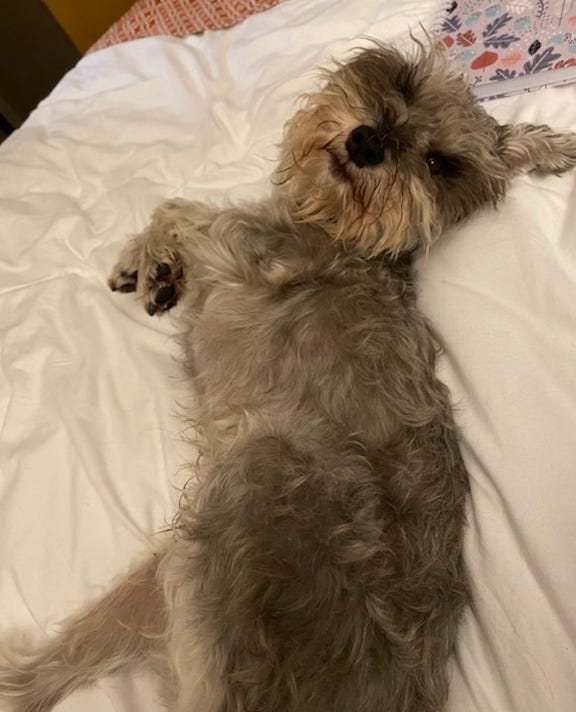
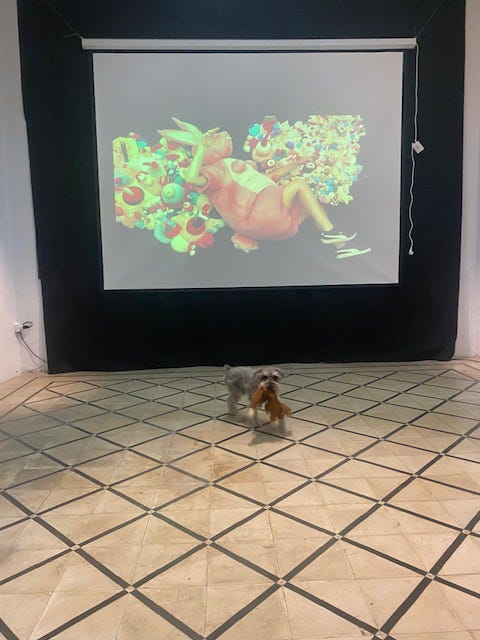



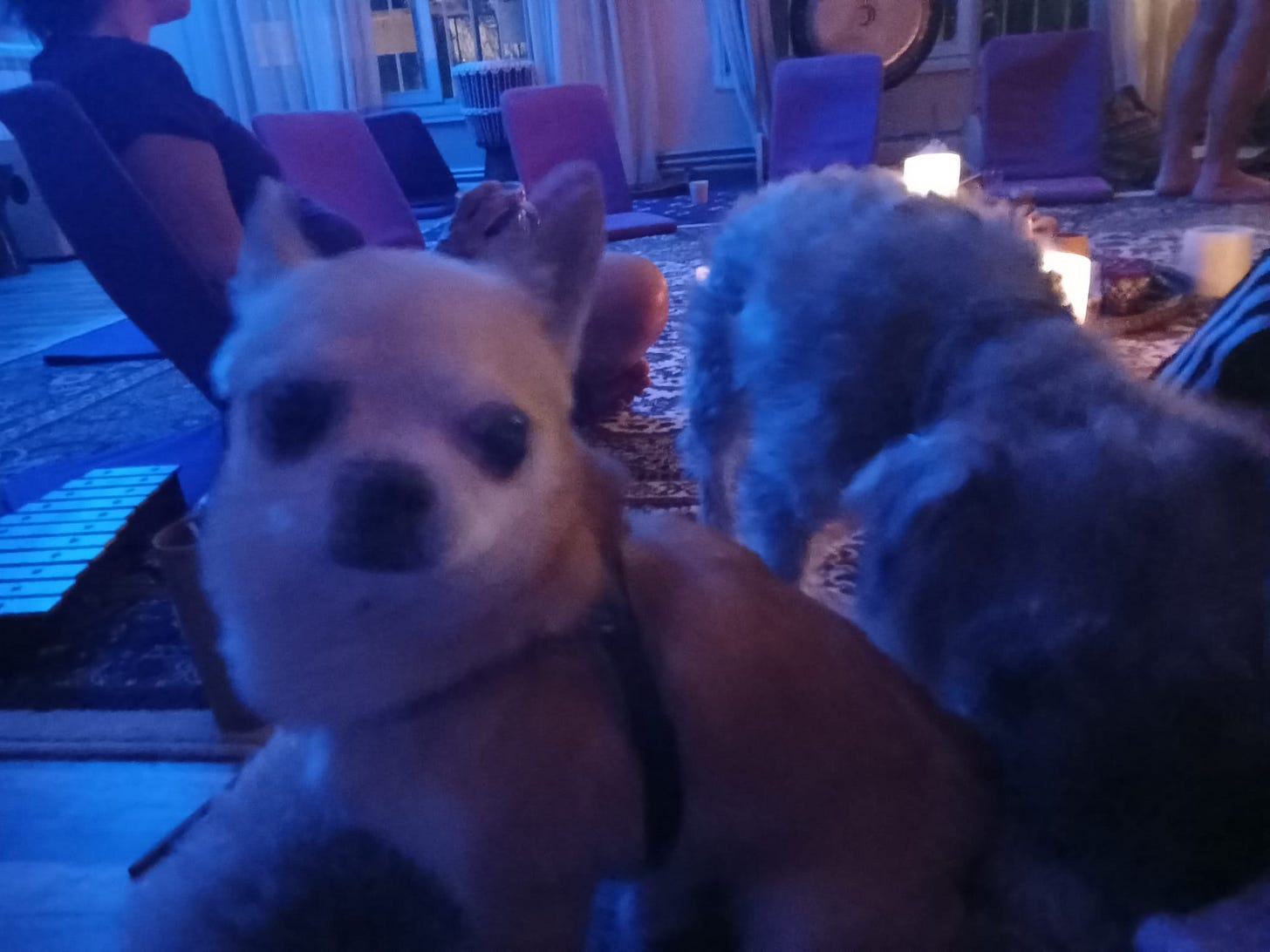
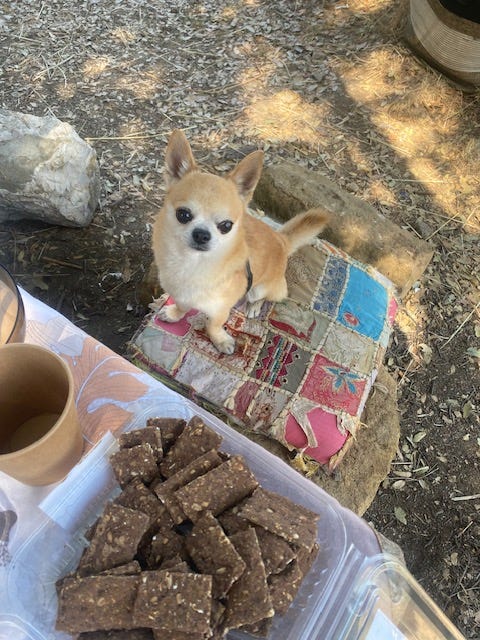
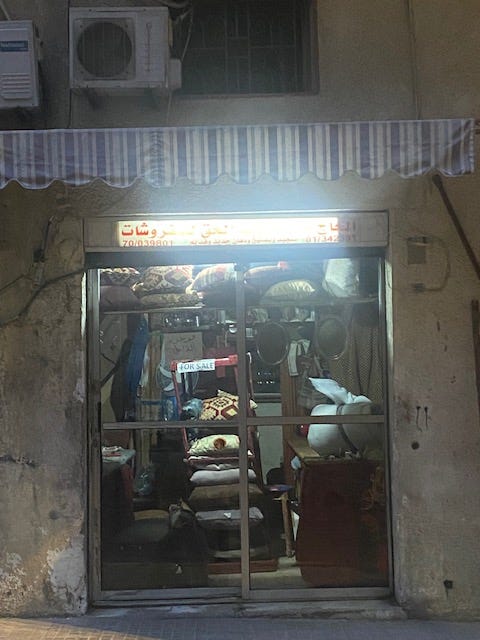
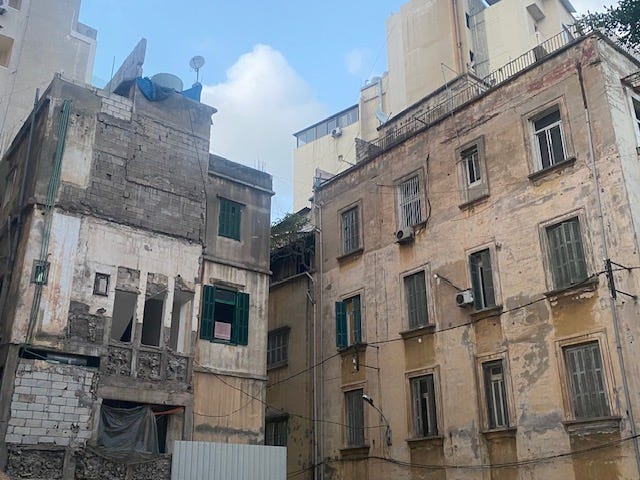
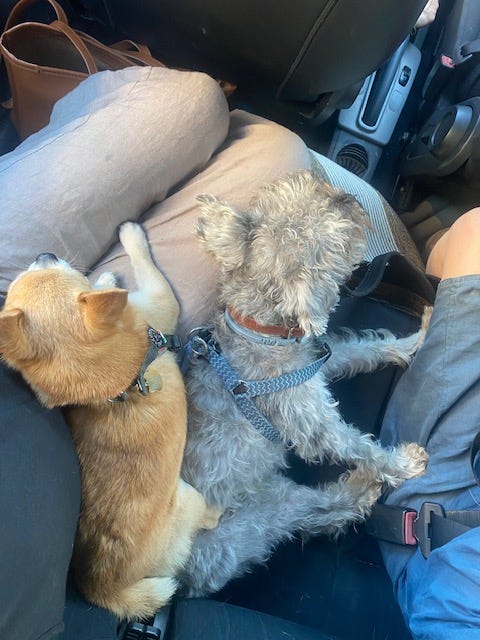


What a poignant and delightful story. To find a bit of peace and companionship in strife is truly lovely.
I have always wondered about the regular people in these regions where our leaders continue to be destructive rather than helpful. It’s so good to see a bit inside. Thank you.
Love this travelogue through streets, apartments and emotions.